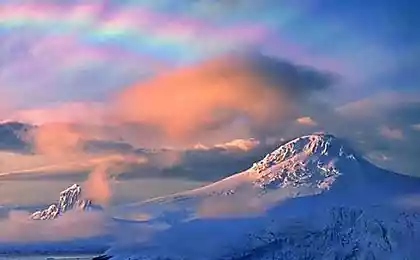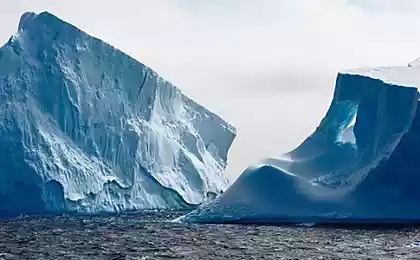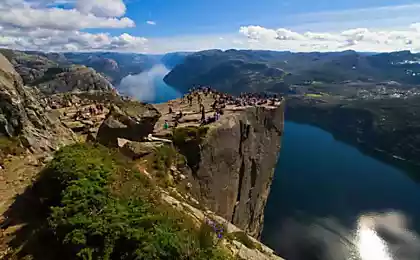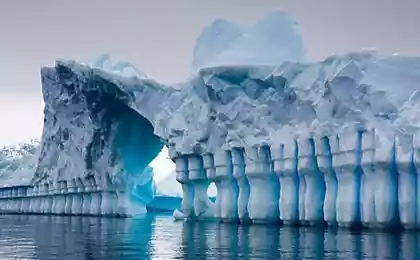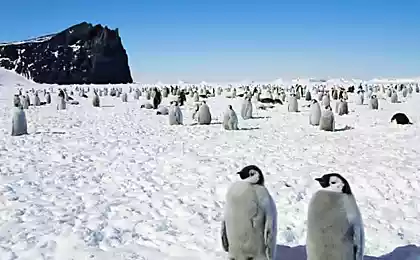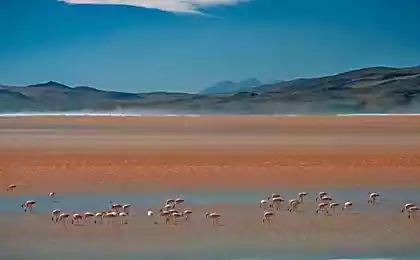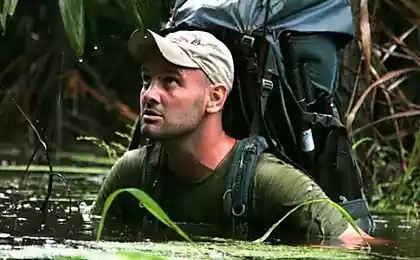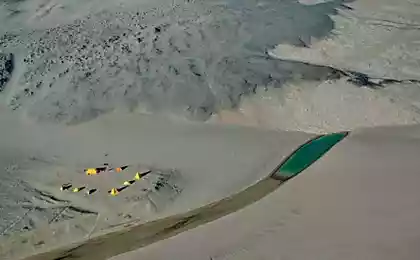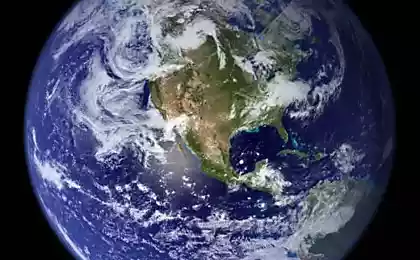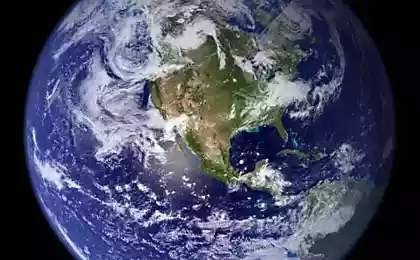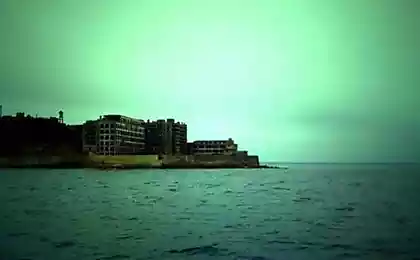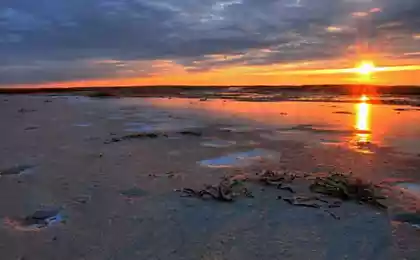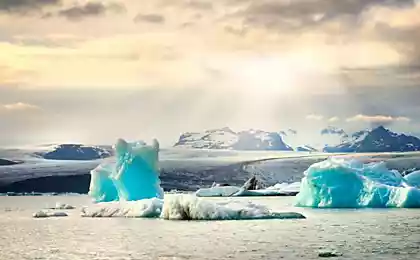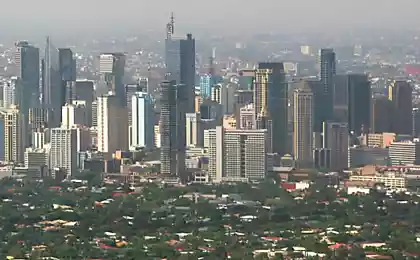564
How to save the Ross sea and other waters around Antarctica
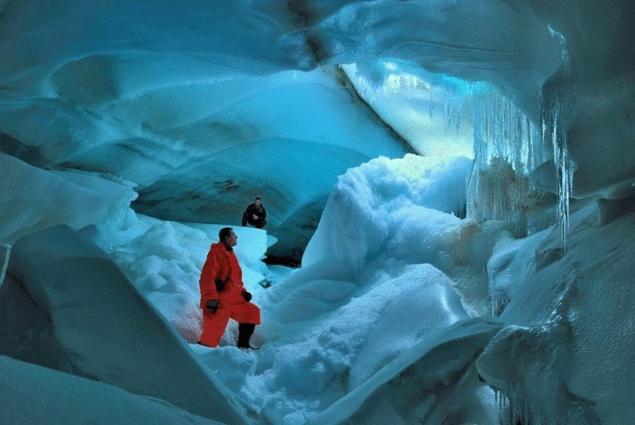
One of the last reservoirs of the planet, which is almost not touched by human activity, is the Ross sea near Antarctica, it is called "the last ocean". But climate change, fishing and industrial development in neighboring countries require early measures to save the region.
One way to save the Ross sea and other waters around Antarctica to create in this place an extensive protected zone. This issue was discussed members of the Commission for the conservation of Antarctic marine living resources (CCAMLR), which includes 24 countries (including Russia) and the European Union. Last week, delegates convened for a regular meeting.
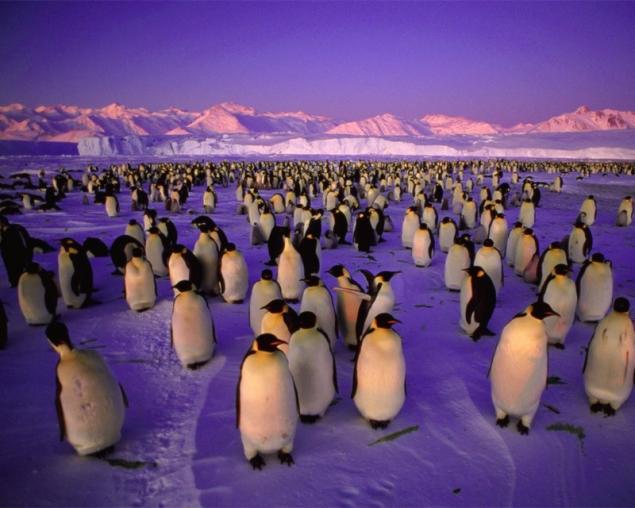
On the agenda were two proposals: one to create a single marine protected area (MPAS) with an area of just over a million square kilometers in East Antarctica and another area of about 1.3 million square kilometers in the Ross sea. The first proposal was put forward by Australia, the EU and France. Second — New Zealand and the United States. If at least one of them will be made, Antarctica will be one of the largest MPAS on Earth.
But not so simple. CCAMLR is collected in Australia every autumn, and the question of these two protected areas, the Commission discusses for the fourth year. The fact that the decision needs consensus. A country can't agree on the details.
To convince members of the CCAMLR is that protected areas really need the Antarctic Alliance has released a report, "33 species we love and whose home we must protect." In this organization resembles that in the southern ocean live more than ten thousand unique types. Among them — the majority of the world populations of penguins, whales, seabirds, giant squid and Antarctic toothfish. Due to the pristine nature of Antarctica is even called "Wild South".
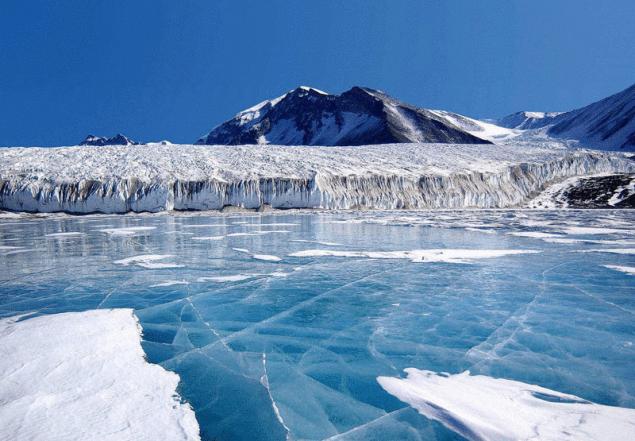
According to the Antarctic Alliance, today from human activities is protected only one percent of the World's oceans. Environmentalists argue that such protected areas should be more. Besides the fact that marine protected areas allow biodiversity on the planet, they also benefit the science. In these areas, scientists can monitor the functioning of a healthy ecosystem and how they interact with each other different types without human influence.
Source: nashaplaneta.su
Source: /users/4

